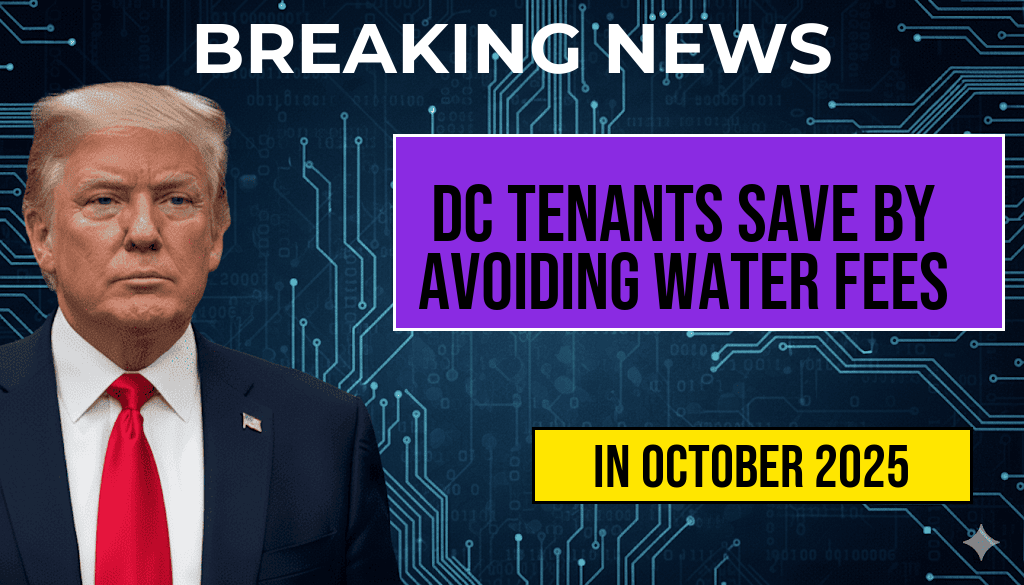Veterans facing financial hardship often struggle to access the benefits they deserve, particularly if their annual income is below $25,000. The U.S. Department of Veterans Affairs (VA) offers a range of programs designed to assist veterans in need, but navigating the application process can feel daunting. Understanding how to properly appeal for these benefits is crucial for veterans and their families. This article outlines the steps to take, eligibility criteria, and valuable resources that can help veterans secure the support they need to improve their quality of life.
Understanding VA Benefits for Low-Income Veterans
The VA provides several types of benefits, including disability compensation, pension, and healthcare. For veterans earning less than $25,000, financial assistance through the pension program is particularly relevant. This program is designed to offer monthly payments to veterans with limited income and who are either aged 65 or older or permanently and totally disabled.
Eligibility Requirements
To qualify for VA pension benefits, veterans must meet specific criteria:
- Service Requirements: Veterans must have served at least 90 days of active duty, with at least one day during a wartime period.
- Income Limits: The veteran’s annual income must fall below the established limits, which are adjusted annually.
- Net Worth Considerations: The VA also considers net worth, including savings and property, when determining eligibility.
- Disability Status: For those under 65, proof of permanent and total disability is required.
Steps to Appeal for Benefits
If you have applied for VA benefits and received a denial, you have the right to appeal the decision. The following steps outline the appeal process:
1. Review the Denial Letter
Begin by carefully reading the denial letter from the VA. It will outline the reasons for the denial and which specific evidence was lacking. Understanding these points will help you address them in your appeal.
2. Gather Supporting Documents
Compile all necessary documentation to support your case. This may include:
- Medical records
- Income statements
- Tax returns
- Any correspondence with the VA
3. File a Notice of Disagreement (NOD)
Submit a Notice of Disagreement within one year of the date on your denial letter. This form informs the VA that you wish to contest their decision and provides an opportunity to present new evidence or clarify existing information.
4. Opt for a Higher-Level Review or a Board Appeal
After filing your NOD, you can choose between a Higher-Level Review, where a senior reviewer reassesses your case, or a Board Appeal, which involves a hearing before the Board of Veterans’ Appeals. Each option has its own timeline and requirements.
5. Attend Hearings
If you opt for a Board Appeal, you will have the opportunity to present your case at a hearing. Be prepared to discuss your situation in detail and provide any additional evidence that supports your appeal.
Resources for Veterans
Veterans can access a variety of resources to assist with their appeals:
- Veterans Service Organizations (VSOs): Organizations such as the Veterans of Foreign Wars (VFW) and the American Legion offer free assistance with VA claims and appeals.
- VA’s Official Website: The U.S. Department of Veterans Affairs provides comprehensive information on benefits, eligibility, and the appeals process.
- Legal Aid: Some local legal aid offices specialize in helping veterans navigate the VA system and can provide legal representation if needed.
Conclusion
For veterans earning less than $25,000, appealing for VA benefits can be a complex yet essential process. By understanding eligibility requirements and following the proper steps to appeal, veterans can access the support they need. Utilizing available resources, including VSOs and legal aid, can significantly improve the chances of a successful appeal.
Frequently Asked Questions
What are the eligibility requirements to appeal for vet benefits if I earn less than $25,000?
To be eligible for an appeal for vet benefits with an income of less than $25,000, you must have served in the military and meet specific service criteria. Additionally, your income must be verified, and you should provide documentation of your financial situation.
How can I start the appeal process for my vet benefits?
You can start the appeal process by filling out the necessary forms available on the official veterans affairs website or through your local veteran service office. Make sure to include all relevant financial documentation and your reasons for the appeal.
What types of benefits can I appeal for?
You can appeal for various types of benefits, including disability compensation, education benefits, healthcare access, and housing assistance. Each type may have different requirements and documentation needed.
How long does the appeal process typically take?
The duration of the appeal process can vary greatly, but it generally takes several months. Factors such as the complexity of your case and the volume of appeals being processed can influence the timeline.
What should I do if my appeal is denied?
If your appeal is denied, you have the option to request a reconsideration or further appeal to the Board of Veterans’ Appeals. It’s important to review the denial letter carefully to understand the reasons for the denial and gather additional evidence if needed.













